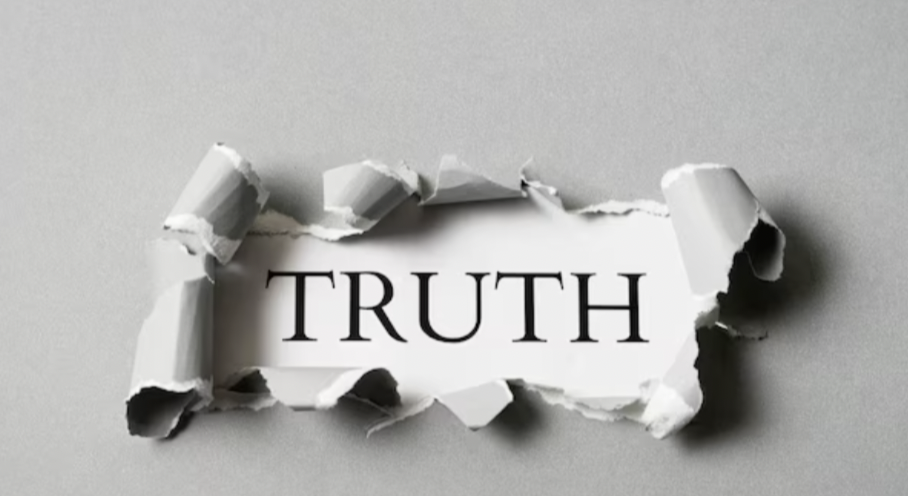To begin with, I have to clarify that there are many theories of truth. So, I had to focus on a couple of them.
The concept of truth is inherently complex and elusive. Various theories attempt to define truth, some of which align with my perspective on the subject. Among these, the pluralist theory particularly appeals to me. It states that “truth” lacks a singular meaning as there are multiple truths that can be used in different contexts. For instance, “truth” in science is provisional and temporary, evolving alongside advancements in technology and changes in thought processes. Another example can be seen in terms of history, in which truth is dependent on the availability of sources, making it temporary. Thus, it makes sense for one to consider that there are different types of truths and ways to establish truths across different fields.
Nevertheless, this theory of truth fails to explain the matter of perspective; what one considers true another may consider false, and a concept is not necessarily the truth even if it is agreed upon across various disciplines. Due to this, the redundancy theory was another idea that resonated with my prior beliefs. This theory establishes that truth has no essential property because truth can be attributed to authority and power. Depending on the context we live in and the way in which we understand or view things at a set time, we will hold different perspectives of truth, explaining why our definition of truth will never be definite or correct. This view was my take on knowledge for a long time. I considered that humans were incredibly limited by our senses and ways of thinking, making our universe very difficult to grasp. Thus, I strongly believed that we could never know, justify, or be certain of anything, as certainty was just a human construct for asserting control over our environment. However, upon further exploration of existing theories, I realized that my idea of there being no real truth is contradictory. If I claim there is no truth, that claim in itself is already a truth I establish, making it impossibly hard for me to have a stand from that viewpoint in regard to what truth actually is.
Therefore, my current idea of truth, despite its many limitations, synthesizes elements from both the pluralist and the redundancy theory. I think that the truths we hold depend on the context, perspective, systems of power and area of knowledge. Truth is a dynamic concept linked to our evolving world, thoughts, beliefs, and discoveries. Consequently, truth is something that we can never be fully “certain” or “uncertain” of. It is abstract, ambiguous, and has no definite contours, meaning that even though something may be classified as true, we must approach it with a measure of doubt and subject it to questioning it.
